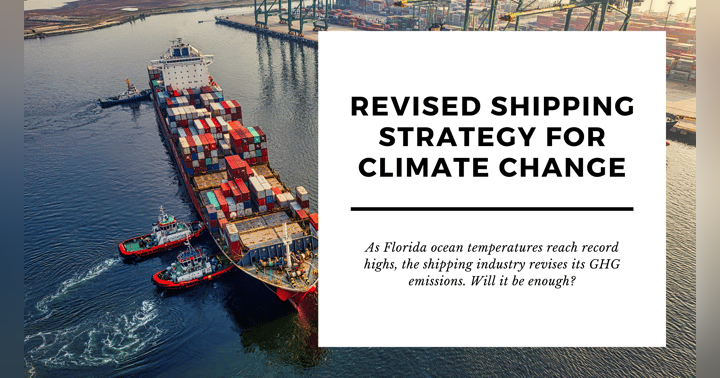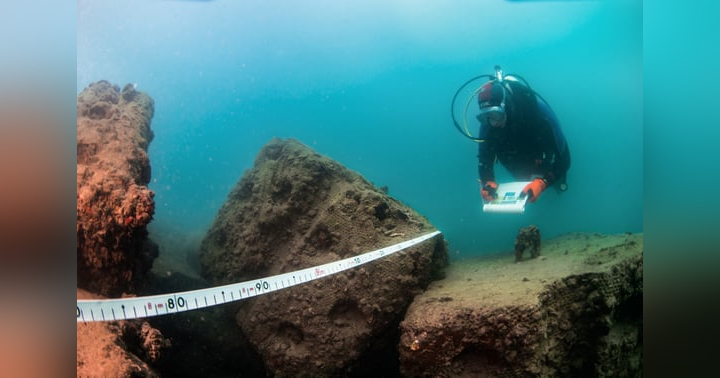The Fascinating Discovery That is Reshaping Our Understanding of Octopus Reproduction

This episode emphasizes the significance of exploring and studying deep-sea ecosystems and species to comprehend and preserve the delicate balance of the ocean's food chain. The discovery highlights the role of deep-sea habitats, such as hydrothermal vents, as nurseries for various species, including octopuses and skates. These animals play a crucial role in the food chain by serving as food sources for top predators in the ocean.
Furthermore, the episode underscores the need to protect these deep-sea habitats and their associated species. It raises concerns about the potential threat of deep-sea mining, which can disrupt these ecosystems and their biodiversity. The research stresses the importance of safeguarding these habitats to ensure the continued existence and functioning of the food web.
In summary, the discovery and study of deep-sea ecosystems and species provide valuable insights into the intricate dynamics of the ocean's food chain. By understanding these ecosystems and their components, scientists can identify the key species and habitats that need protection to maintain a balanced and healthy marine environment.
The episode also delves into the previously held belief that octopuses are solitary animals. Traditionally, people would observe octopuses alone while diving or watching documentaries, reinforcing this belief. However, a discovery in the early 2010s challenged this notion. In 2013, researchers found 100 brooding female octopuses at the Dorado outcrop off the coast of Costa Rica, suggesting that octopuses do not always live alone and that they breed in specific areas. Additionally, it was observed that octopuses breed in the cold depths of the deep sea. This new information has reshaped scientists' understanding of octopus behavior and reproduction.
The discovery emphasizes the crucial need to protect and conserve important nursery areas and distinctive habitats in the ocean. These areas play a vital role in maintaining a balanced food chain and supporting ecosystem biodiversity. Marine protected areas are designed to safeguard both representative areas, which are typical of a particular region, and distinctive areas, which are unique and may attract uncommon animal species. Examples of distinctive areas mentioned in the episode include upwelling areas and spawning areas.
The episode also highlights the importance of protecting hydrothermal vent areas, as they serve as nursery habitats for octopuses and other species. These deep-sea areas have been subjected to deep-sea mining in the past, making it even more crucial to protect them for the sake of biodiversity and reproduction. Deep-sea vents are noted as extremely important for a variety of species, and further exploration and study are necessary to understand their significance and discover more species in the future.
Overall, the episode emphasizes the need to protect and conserve these important nursery areas and distinctive habitats in the ocean to maintain ecosystem stability, support the food chain, and ensure the long-term sustainability of fisheries and tourism. The discoveries and expeditions conducted in these areas contribute to our understanding of the deep sea and inform conservation measures aimed at preserving these unique and essential habitats.










